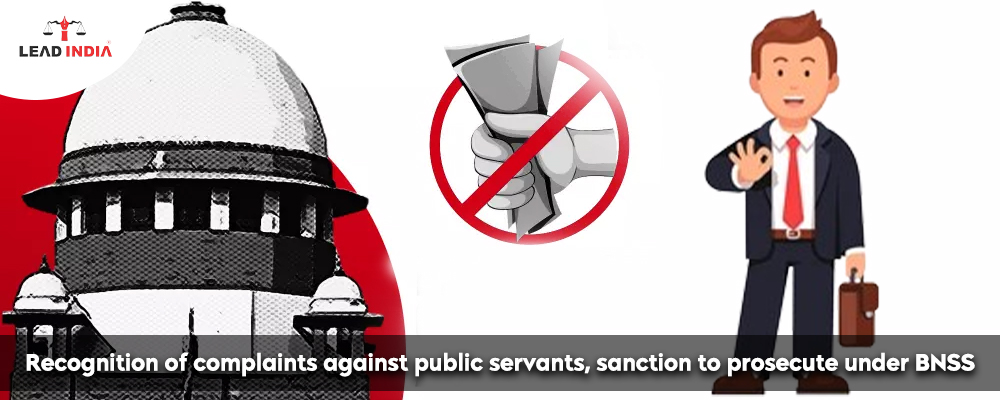All three laws have been referred to the appropriate Parliamentary Standing Committee. Although the bills have yet to be adopted and notified, they have already been a hot topic of controversy and discussion. While some appreciate the initiative to decolonize the current criminal infrastructure, many others have questioned it as hasty and lacking sufficient public input. The majority of the current discussion is on the IPC or the impending Bhartiya Nyaya Sanhita.
The three laws are expected to take effect after some time, allowing India’s criminal justice system to prepare for a major revamp.
The BNSS aims to improve the criminal justice system by implementing stricter timelines for investigations, inquiries, and trials. This includes new provisions for conducting trials in absentia against absconding individuals and extending police custody beyond 15 days if necessary. The BNSS aims to formalize the use of electronic communication and forms in investigations, inquiries, and trials, including police procedures, evidence gathering, and court proceedings.
Need A Legal Advice
The internet is not a lawyer and neither are you. Talk to a real lawyer about your legal issue

Recognition of complaints against public servants under BNSS
Section 218 of the Bharatiya Nagarik Suraksha Sanhita (corresponding to Section 1977 of the CrPC) requires the government to grant sanction for the prosecution of judges or public servants within 120 days of receiving the request. If the decision is not made within this time frame, the sanction is deemed granted.
Other key changes
A strange shift in the law since the old code is that it is now substantially more difficult to legally prosecute public personnel. Despite the addition of a provision to Section 218(1) of the BNSS that grants a ‘deemed sanction’ for prosecution in the event of state inaction, numerous other clauses have hampered the process. Some of the changes listed below support this argument. For example,
- Section 151(2) of the BNSS now includes two new provisions that relate to Section 132(2) of the Criminal Procedure Code.
- A new subsection (4) has been added to Section 175 of the BNSS, which corresponds to Section 156 of the Cr.P.C.
- Section 210 of the BNSS now includes a new subsection (3), which corresponds to Section 190 of the Cr.P.C.
- Addition of a provision at the end of Section 223 of the BNSS, comparable to Section 200 of the Cr.P.C.
Although some excellent additions have been made to Section 481 of the BNSS, others have proven to be rather problematic. For example, by adding the phrase ‘life imprisonment’ to the provision in 481(1), the number of offenses that are ineligible for release under this section has increased dramatically. Similarly, the insertion of subsection 481(2) is concerning because the author believes it devalues the substance of the entire section.
The new law has also introduced an unusual provision that, if interpreted incorrectly, could open the door to widespread abuse. BNSS interprets the inclusion of a new paragraph (3) to Section 173 as comparable to Section 154 of CrPC, ‘Information in cognizable instances.’. The new rule allows police to conduct investigations for offenses involving 3-7 years of jail if prima facie evidence is present. To confirm a prima facie case, police may undertake a preliminary inquiry.
The criminal procedure was not originally part of the colonial tradition. Rather, many of the amendments incorporated into the CrPC were the product of post-emergency efforts by the Indian Supreme Court to constitutionalize the criminal system for the sake of society.
The proposed changes aim to improve the efficiency and technology of criminal justice administration by establishing timelines for inquiry, investigation, and trial, as well as adopting audio-visual and electronic means for various processes. They also aim to shift away from the language of British-era criminal laws. The BNSS’s effectiveness in the real world relies on proper implementation and training of magistrates, law enforcement personnel, and allied agencies.
Lead India provides free legal advice, internet information, and other legal services. We offer a forum where you may talk with a lawyer and ask legal questions. Lead India’s Lawyers may assist you with any legal matters. Lead India’s solicitors can help you with any legal concerns. Lead India also offers free online legal help in India. In addition to providing online legal aid, Lead India allows users to ask specialist inquiries for free.





 Talk to a Lawyer
Talk to a Lawyer